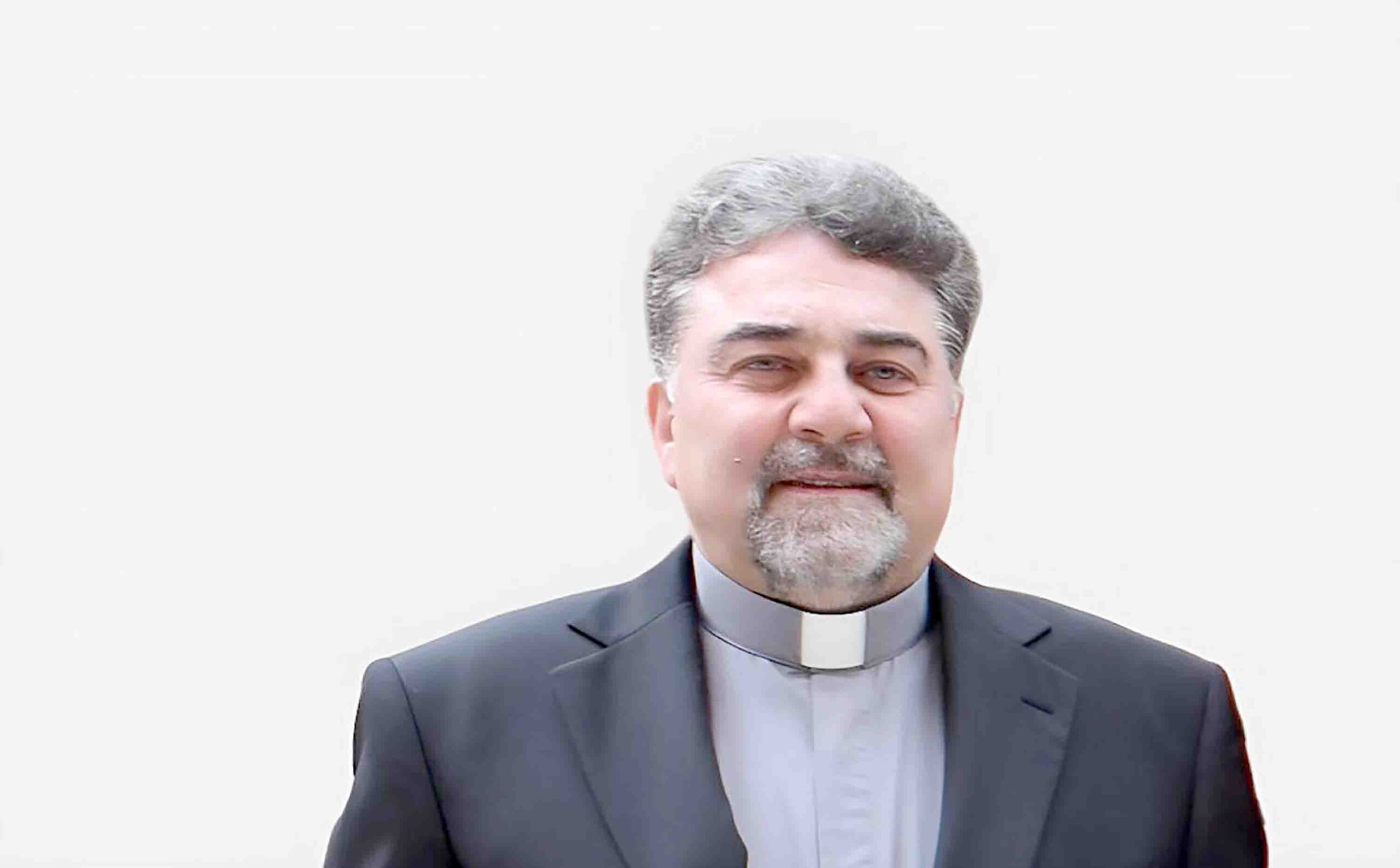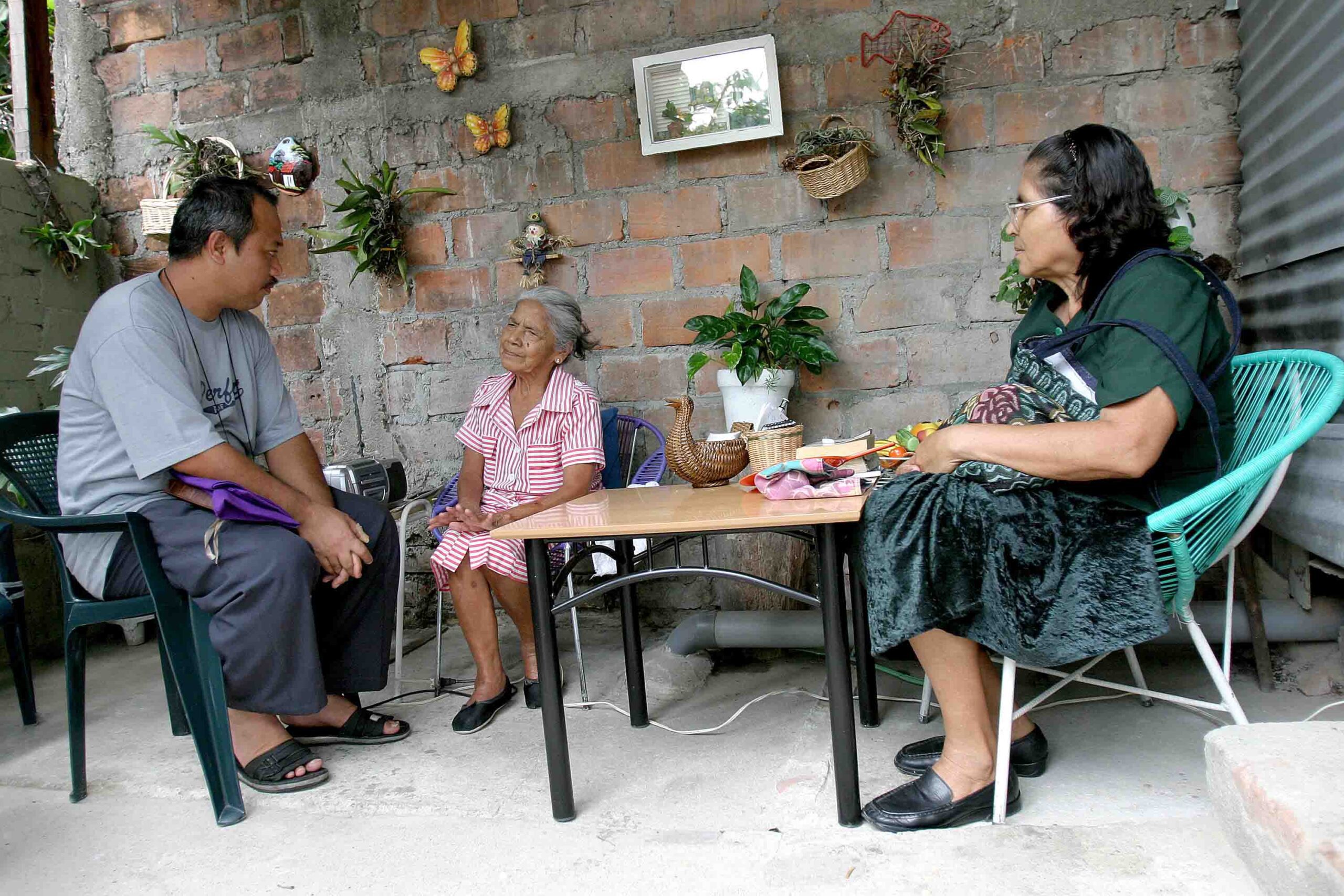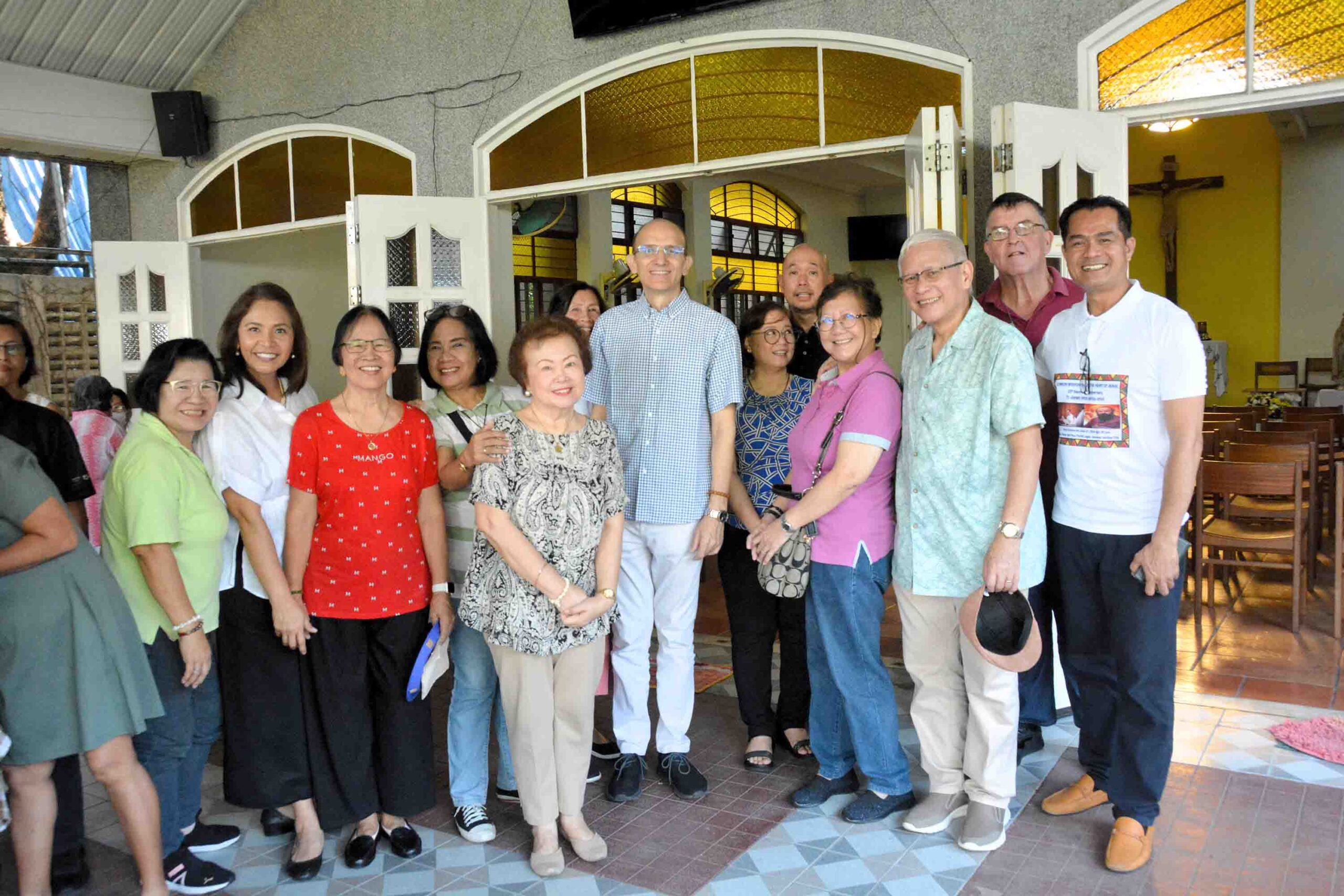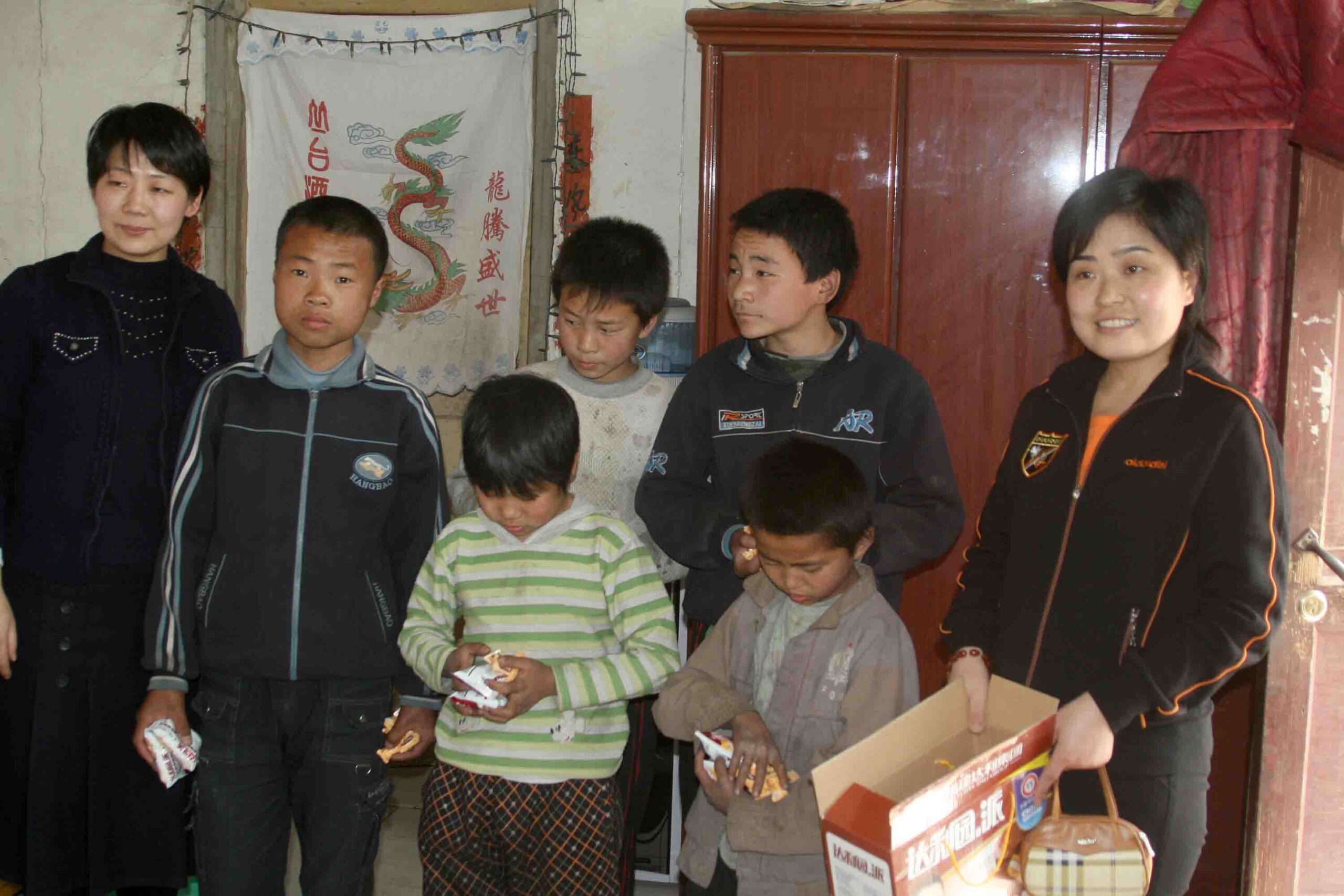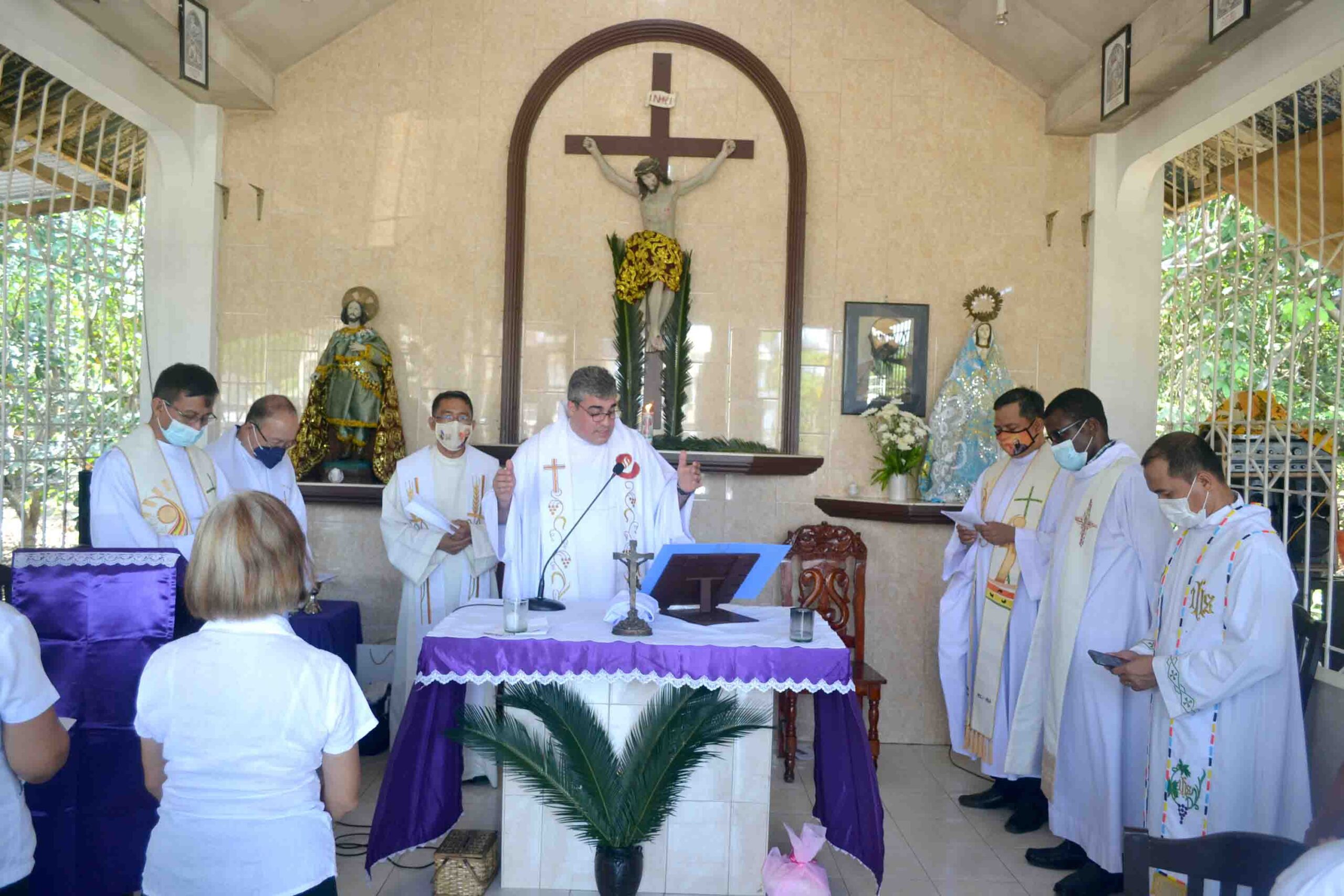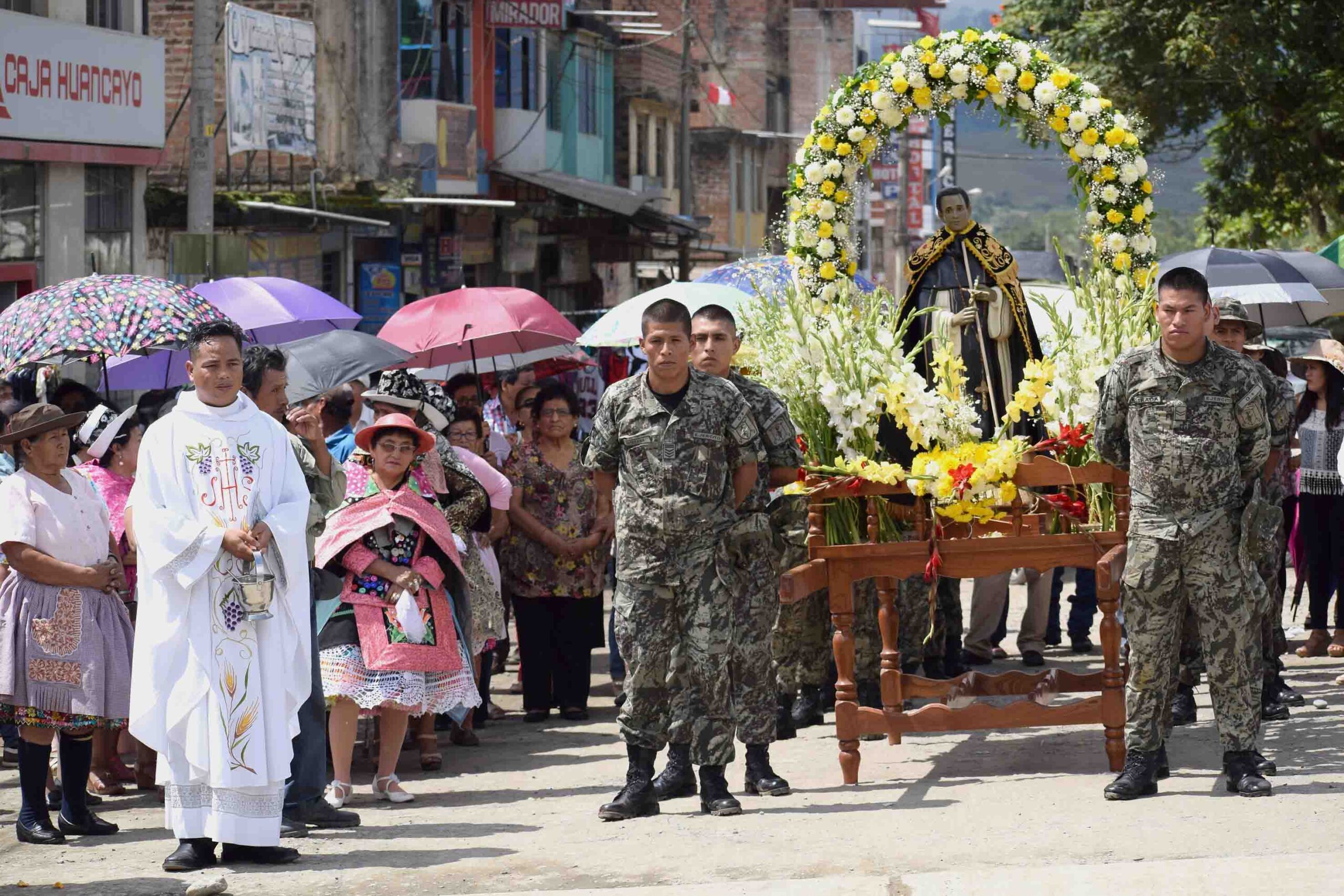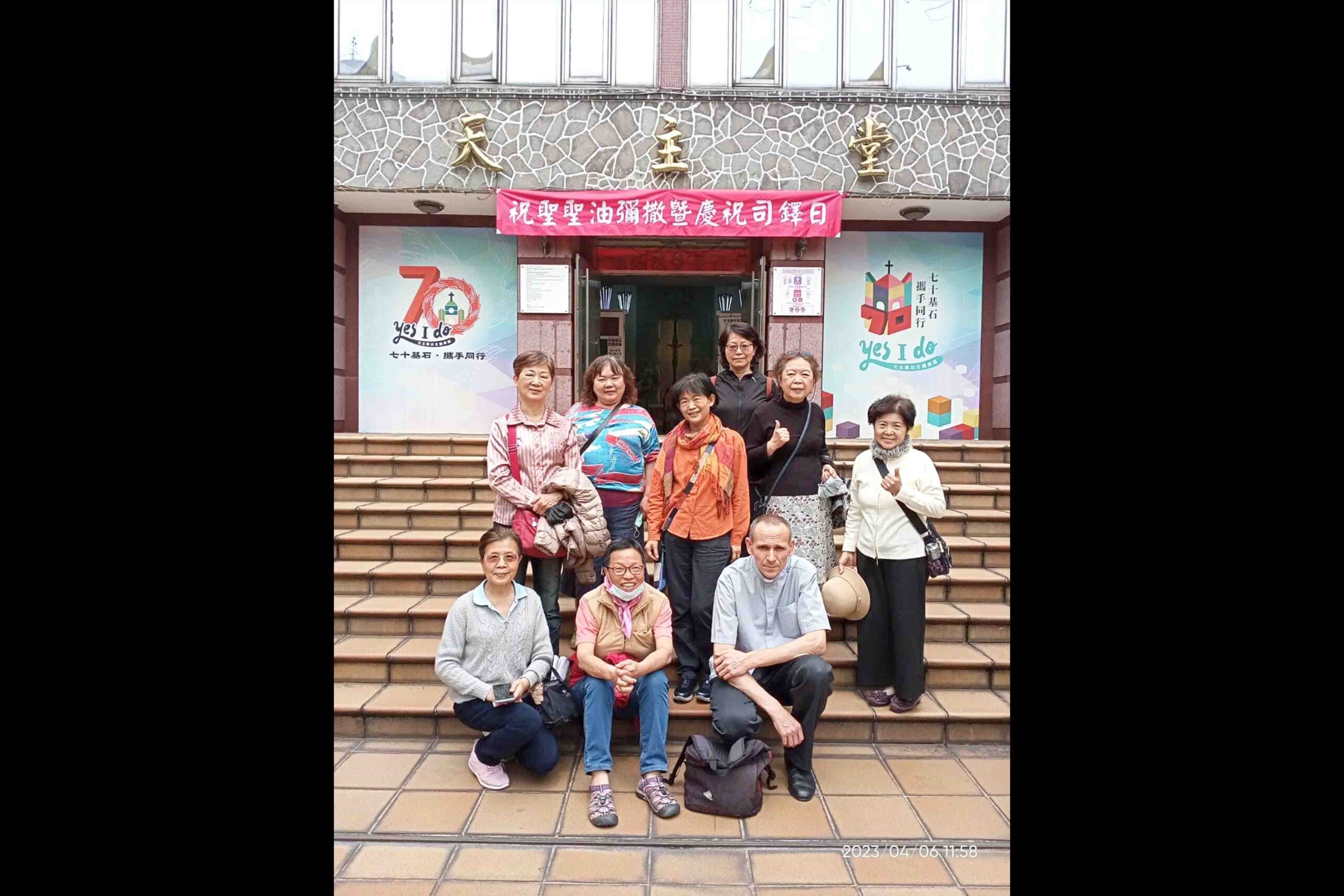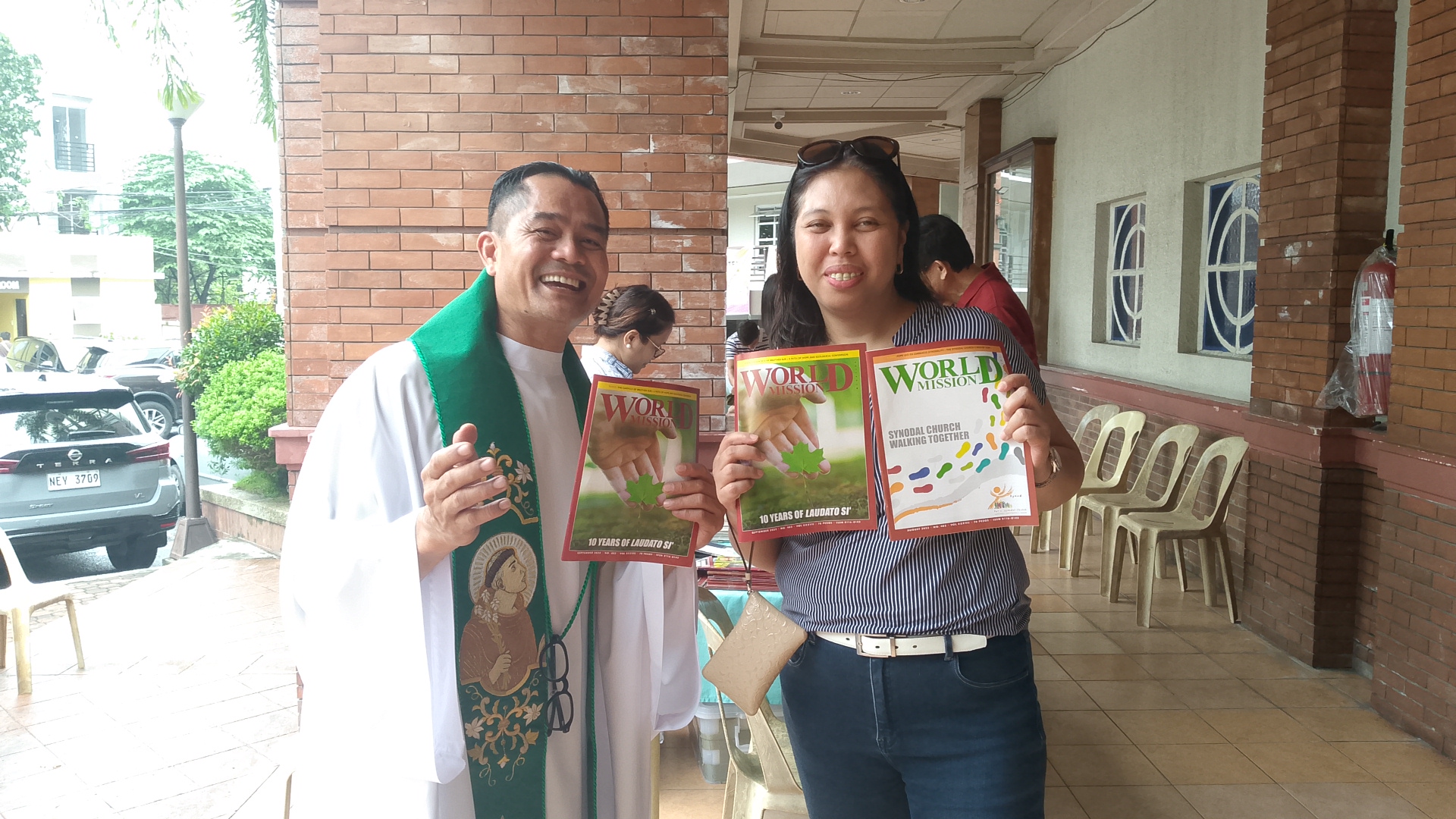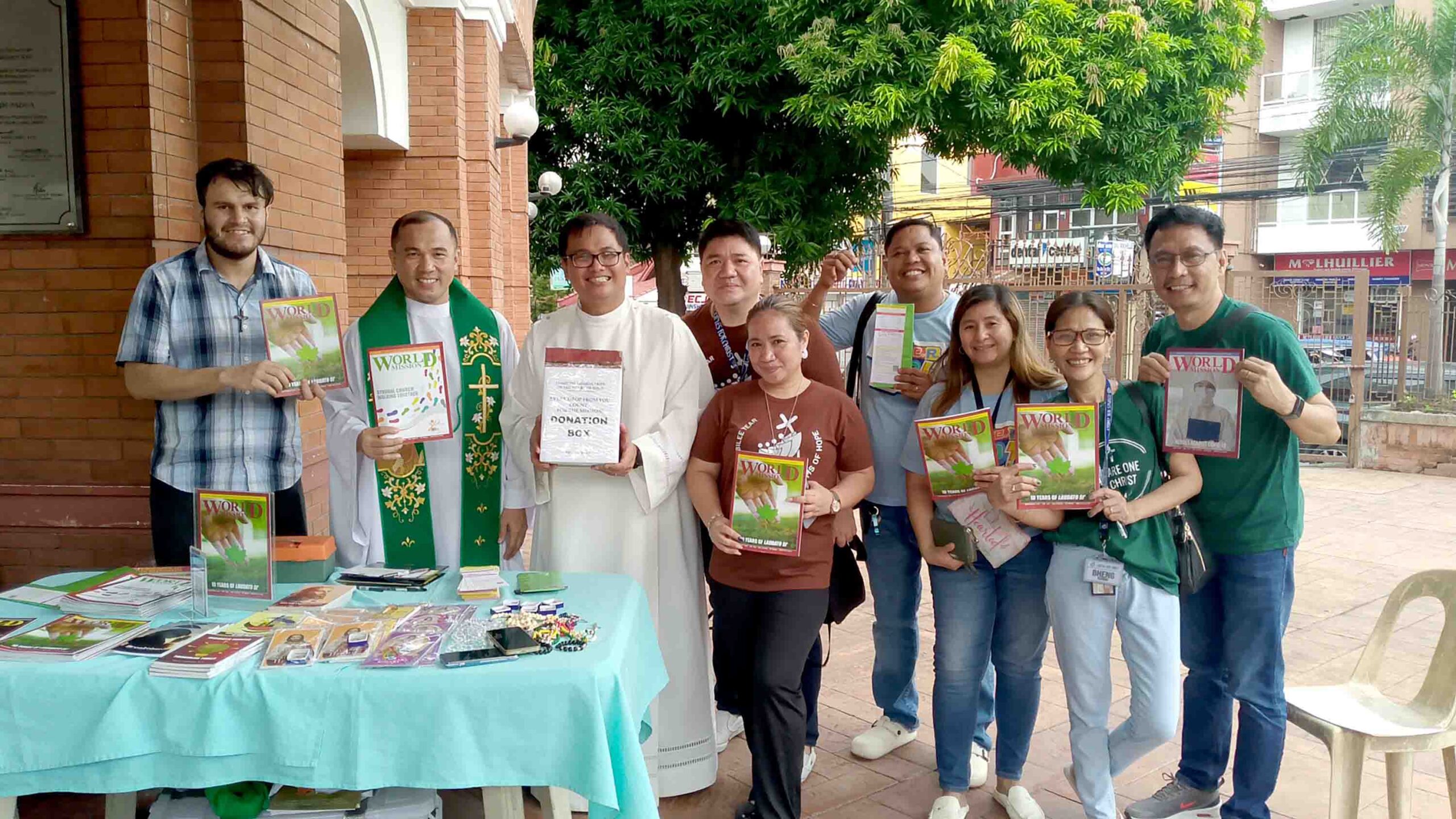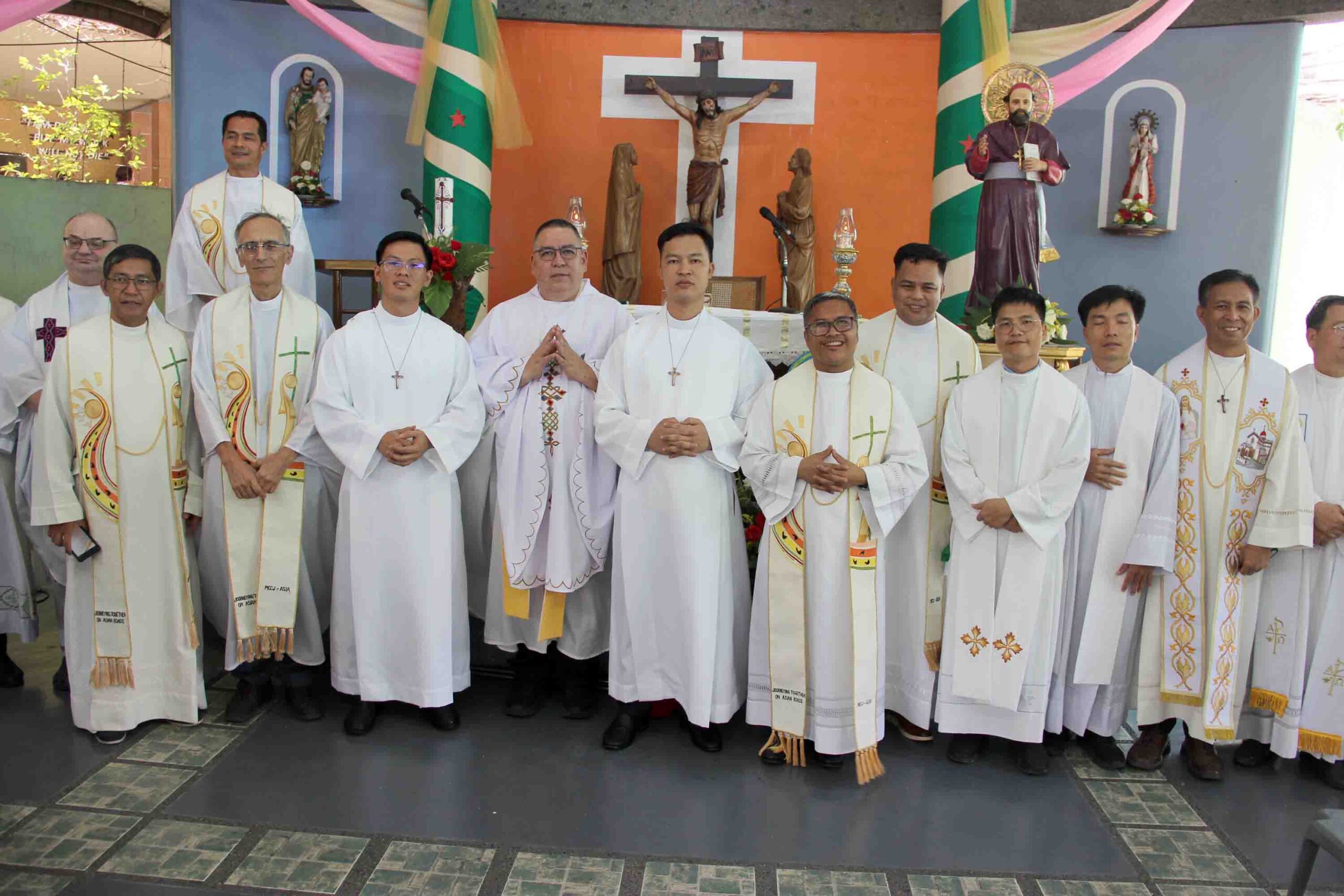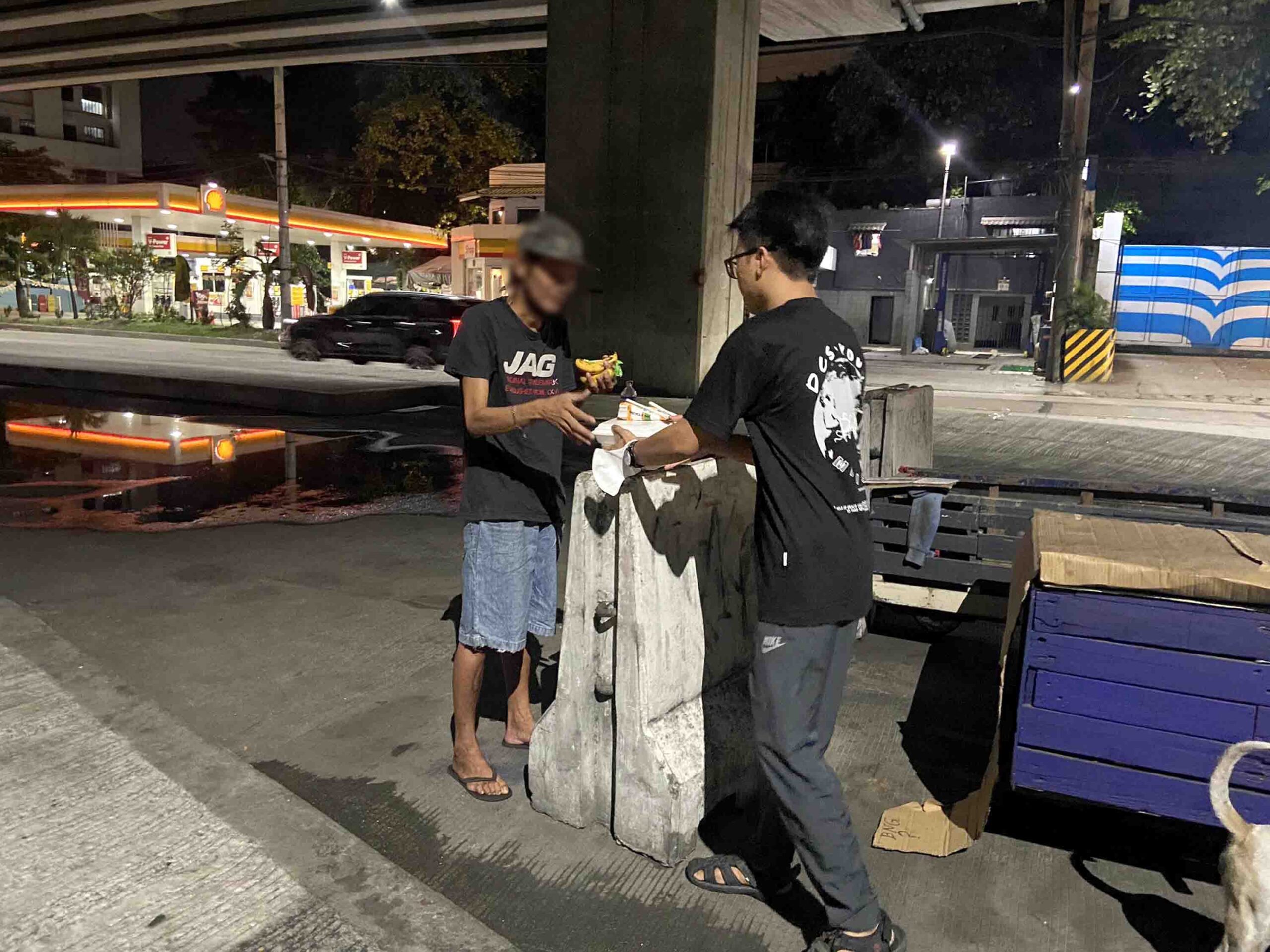The first Comboni Missionaries arrived in Macau in 1992 after learning Cantonese in Hong Kong for two years. That same year, when the Portuguese administration of Macau transitioned to China, the new church of St. Joseph the Worker was completed, inaugurated, and entrusted to the Comboni missionaries.
The first three Comboni missionaries–Frs. Manuel Machado, Daniel Cerezo, and Corrado de Robertis–began their work of evangelization and building the Christian community, starting with a small group of Christians already present in the area.
As the community grew, they encouraged participation in parish life by organizing various groups to serve the community internally and externally. They also focused on making liturgical celebrations more participative and reaching out to specific groups, including English-speaking individuals (especially Filipinos), Mandarin-speaking workers, and the deaf community, offering sign language interpretation for the celebrations.
These were the modest beginnings of the Comboni community and the Parish of St. Joseph the Worker. To signal this historical landmark, the Comboni missionaries, in tandem with the faithful of the Parish, organized several events throughout 2024 as an act of remembrance and gratitude.
The commemoration continued this year with a historical exposition celebrating the 25th anniversary of the Parish of St. Joseph the Worker, inaugurated on February 22, in the presence of His Excellency Bishop Stephen Lei Bunsan, Fr. Peter Chung, Vicar General, some diocesan priests, many religious, and the Catholic community.
In the words of our Parish Priest Fr. Rafael Vigolo, we “have to praise and give thanks to God for this event that is a sign of His faithfulness to us and a renewal of our missionary endeavour and commitment to serve the Christian community in Macau.”
CATECHUMENS
The Lord walked with us during these twenty-five years and guided our community to grow in identity and mature our experience of faith, hope, and charity. During these years, many catechumens were baptized, and today, we have more than 500 members within the parish community.
When the first Eucharist was celebrated twenty-five years ago, we had eight people: three Comboni Missionaries, two Maryknoll Sisters, and three lay Catholics. With God’s guidance and grace, our community grew, and we now have 14 parish groups with many participants, four groups or classes of catechumenate, and more than 80 children in Sunday School Catechesis.
Our community groups and this is manifested in the languages used during the weekend Eucharistic celebrations, are also composed of three main celebrations: Mandarin, Cantonese, and English.
In the Gospel of Matthew, Jesus said: “The Kingdom of Heaven is like a grain of mustard seed, which a man took, and sowed in his field; which indeed is smaller than all seeds but when it is grown, it is greater than the herbs and becomes a tree, so that the birds of the air come and lodge in its branches.”
Quoting this parable, Jesus’ words help us to understand the miracle that we had experienced in our Christian community, and this parable represents the best way to describe the historical development and the growth of our parish community.
Clearly, it is the Lord that, in His mercy and compassion, had been generous to us and had blessed the community with new members: then it is precisely for this reason that different photographs with the faces of missionaries and laity were chosen to exemplify the different stages of this steady process of growth and maturity.
The Lord is the owner of the harvest, and He gives us His grace and strength; however, He also needs our generous response and collaboration to ensure the community’s development.
AD INTRA AND AD EXTRA
At the same time, this exposition represents a challenge for the future. The photographs and the message guide us to renew our missionary direction, which can be expressed in two words: to be missionaries ad extra and ad gentes (towards the outside and towards the peoples).
In other words, this exposition is likewise a realization that we are missionaries and that around our parish location, there are still many brothers and sisters who travelled with us, but they do not yet know the message of the Gospel.
For example, Macau has developed over these years, and in our area, we can observe many new residential buildings. Besides, a new neighborhood, for now nominated just as “zone A,” is developing; therefore, in the near future, this sector will be precisely our mission territory in which all the members of our Christian community may focus their missionary efforts and commitments.
May the Lord bless our Christian Community, all the Comboni missionaries who worked in this Parish, and especially the laity who have always collaborated with us in this journey.



















